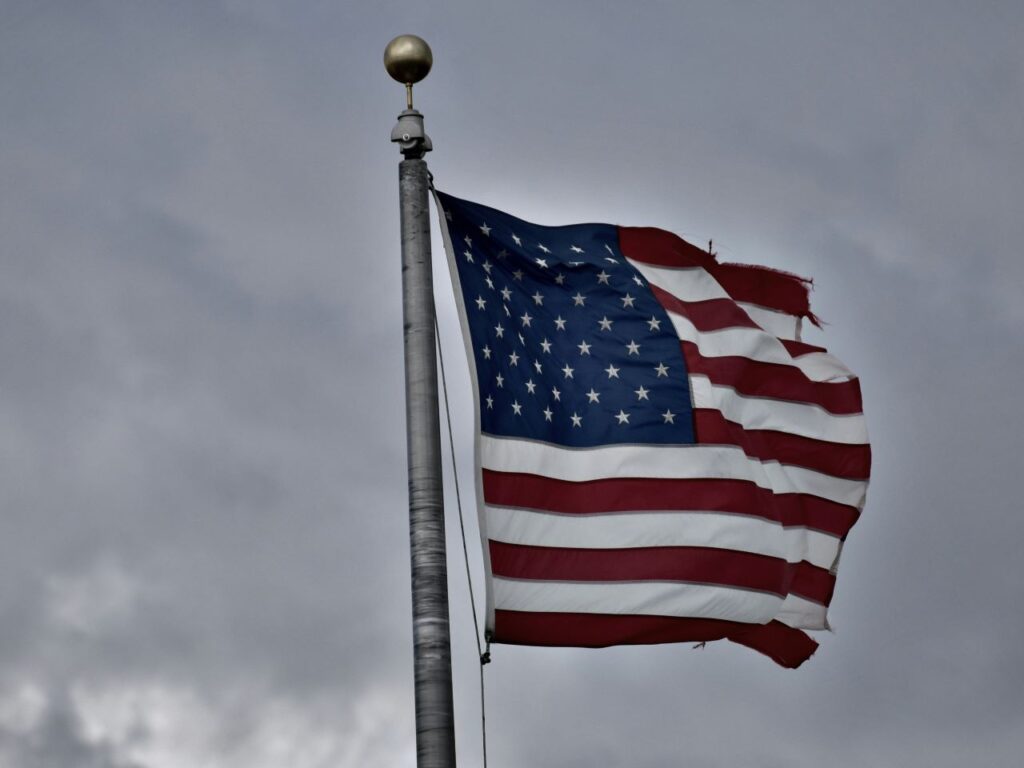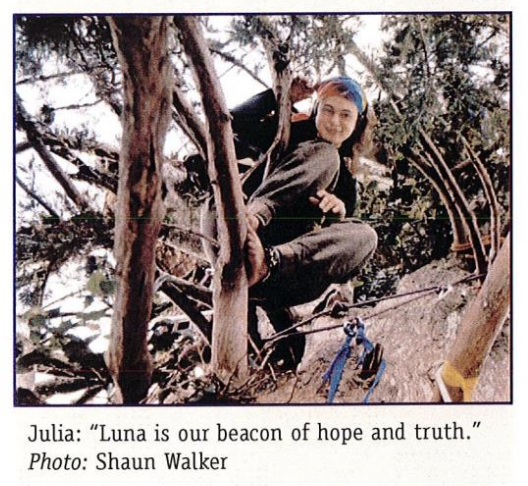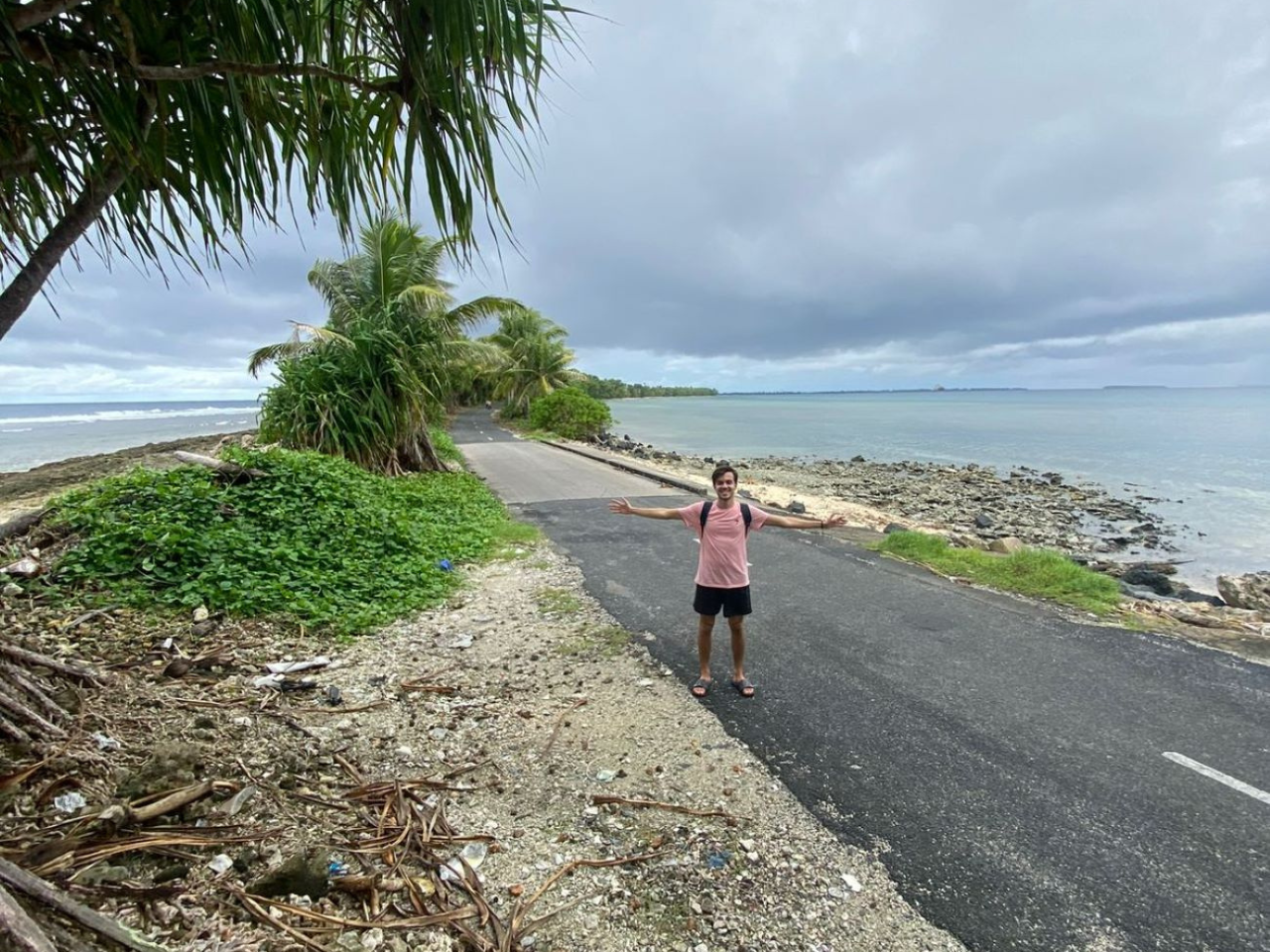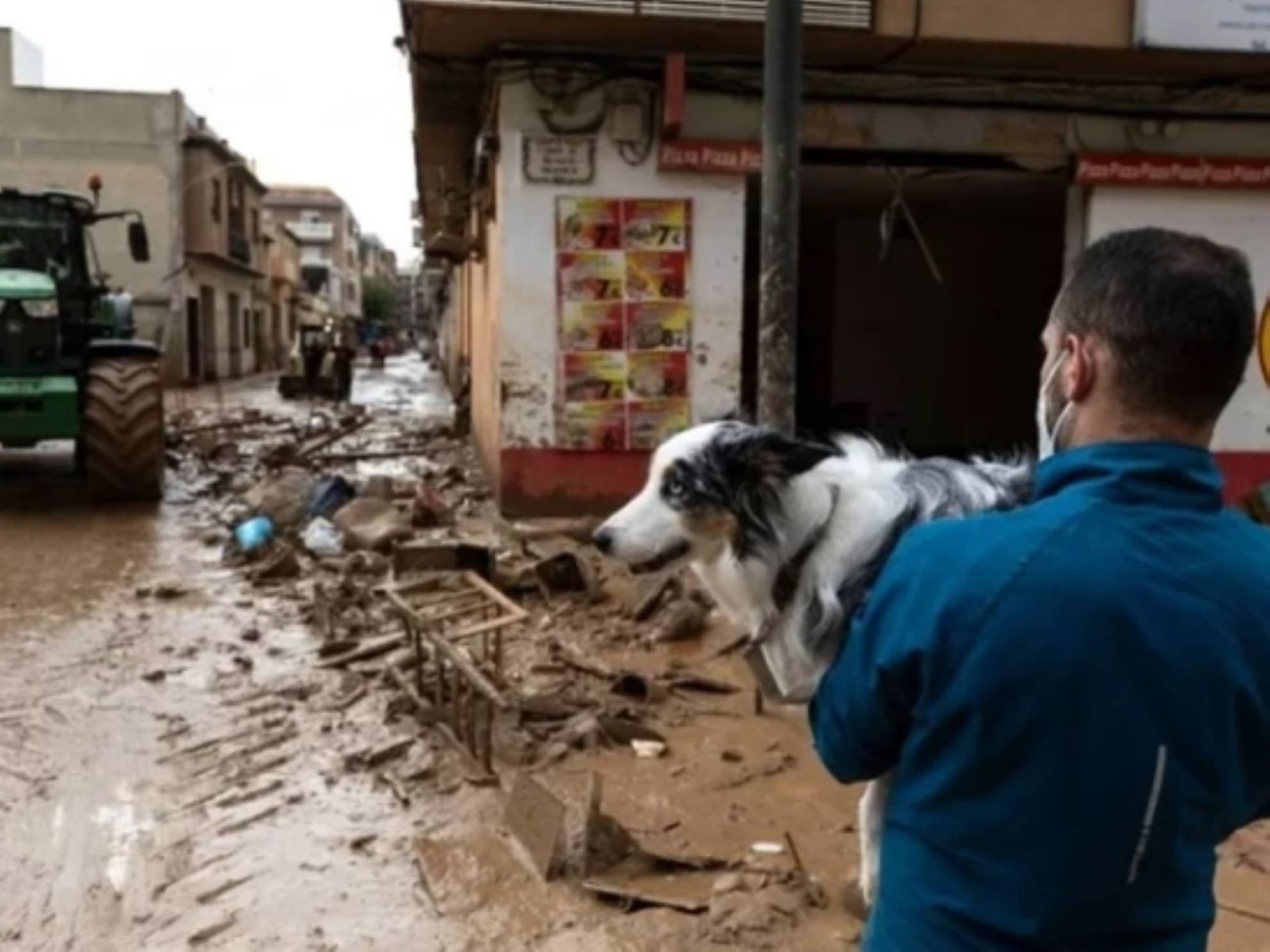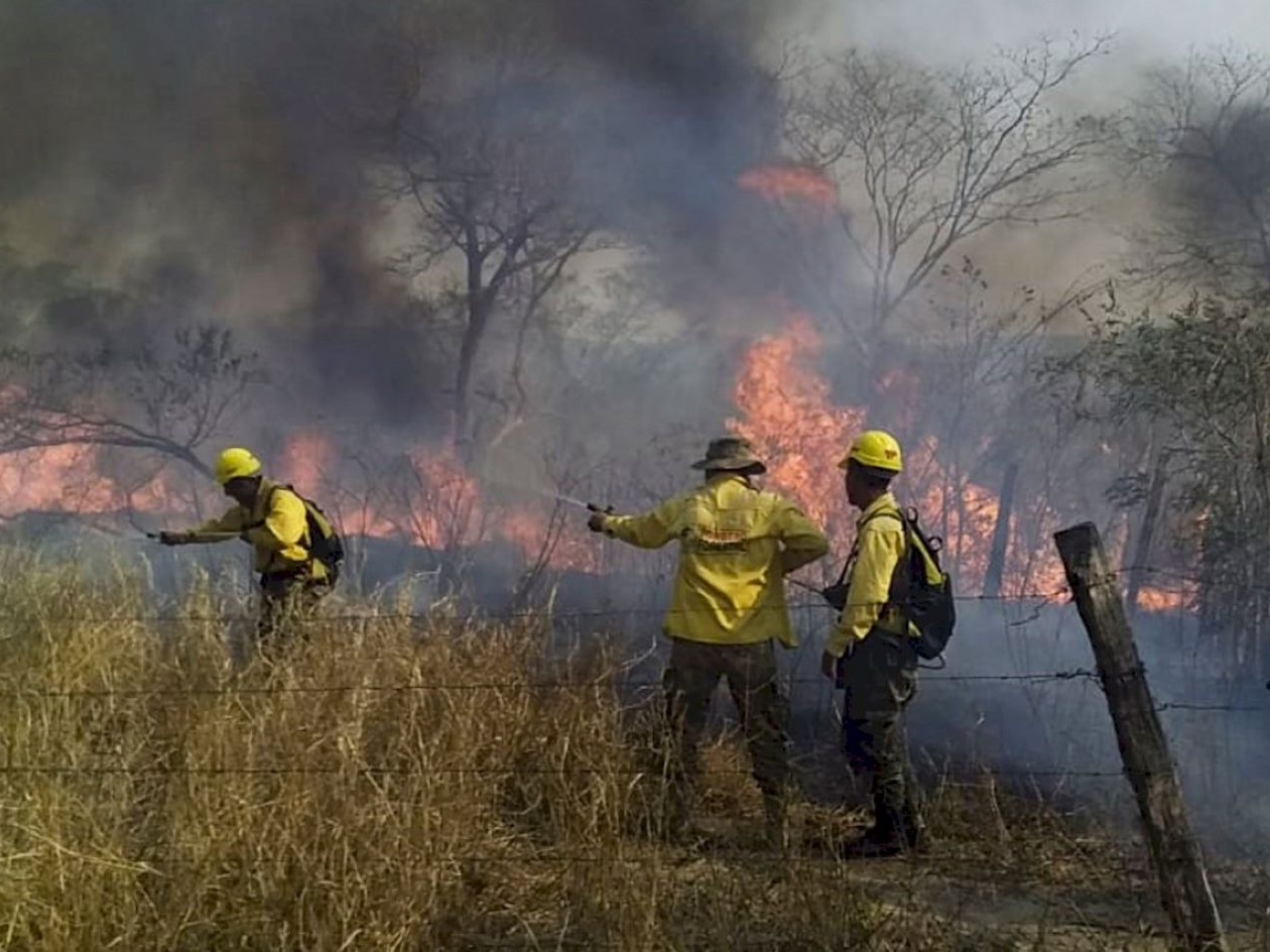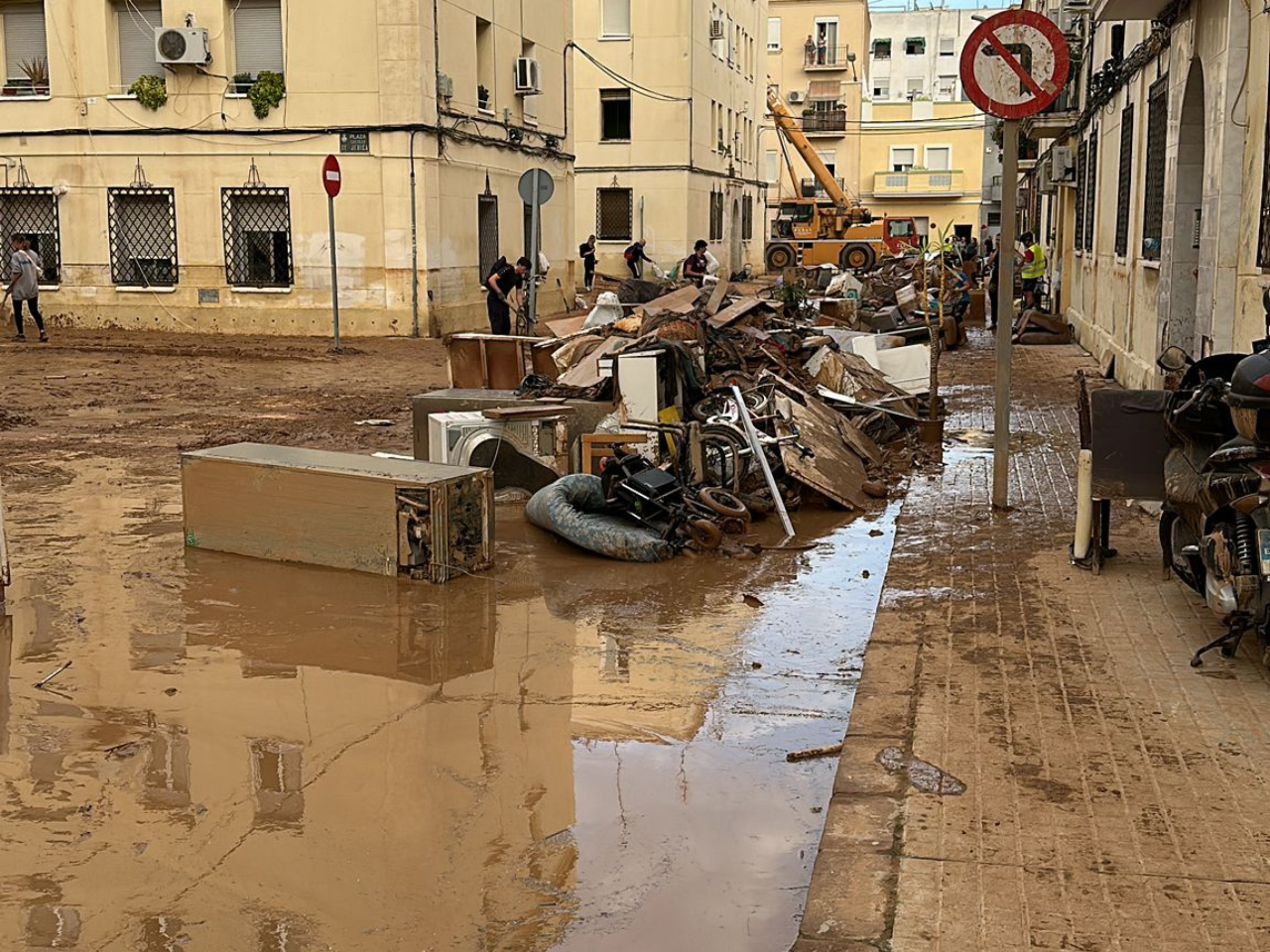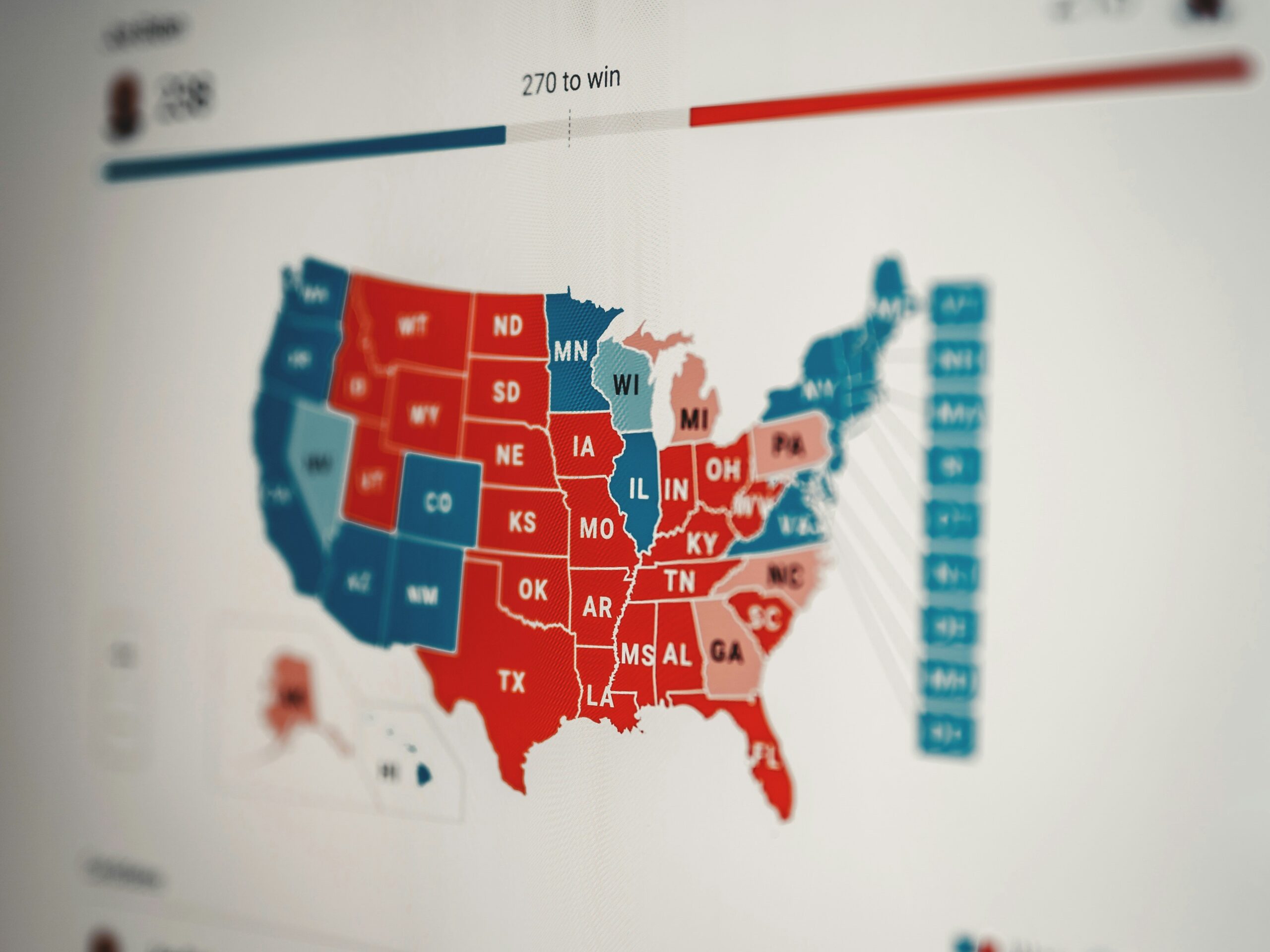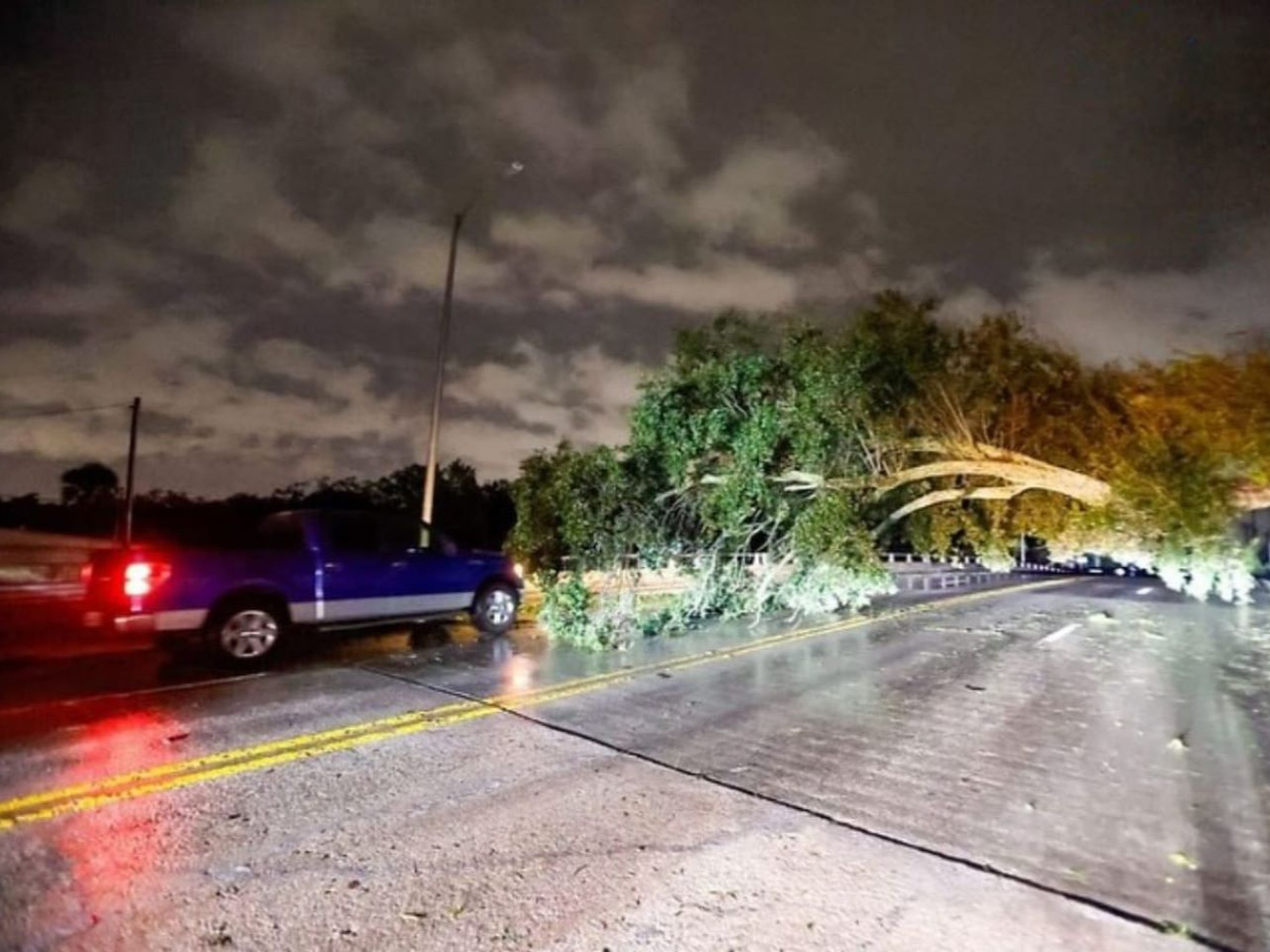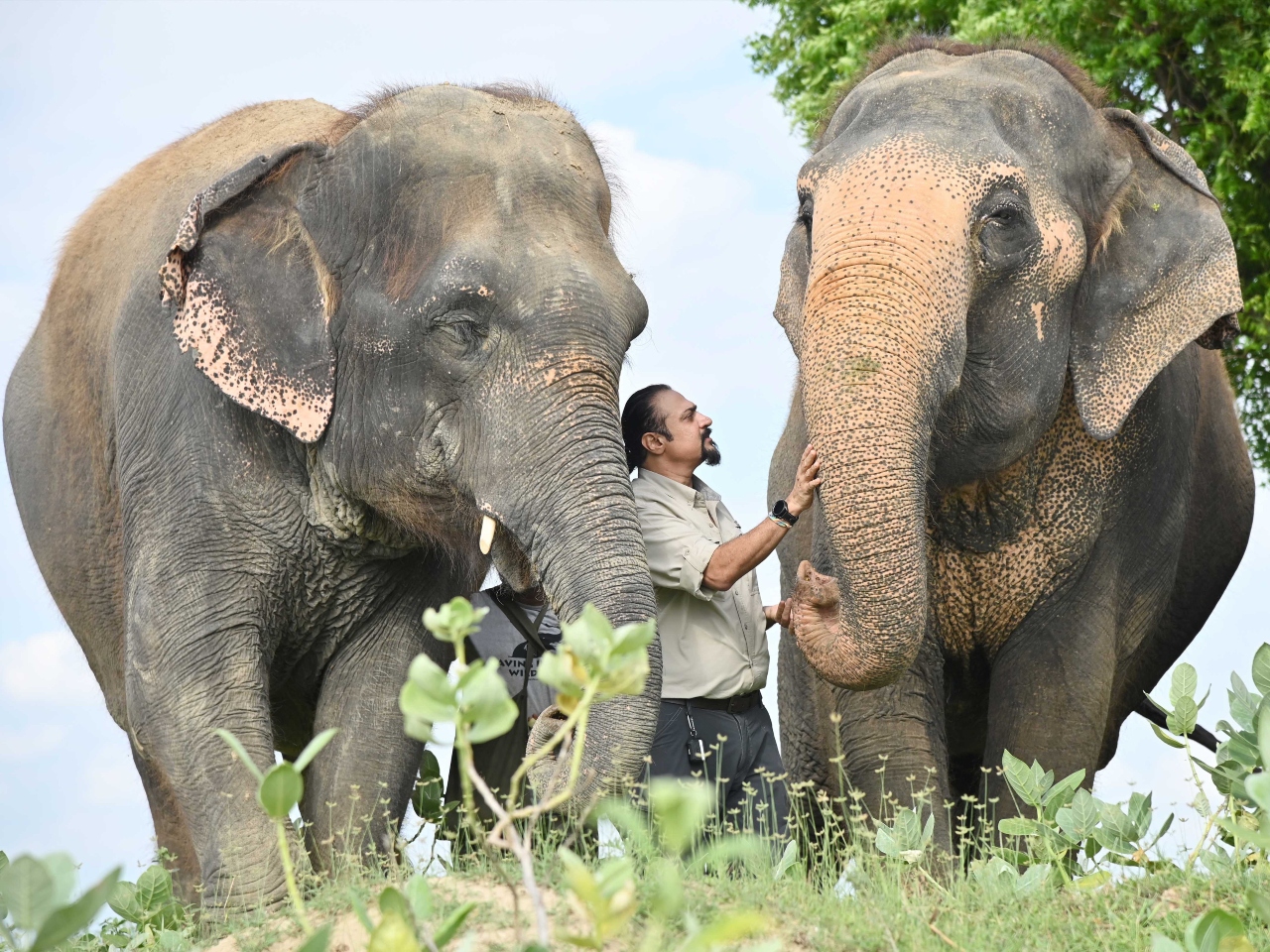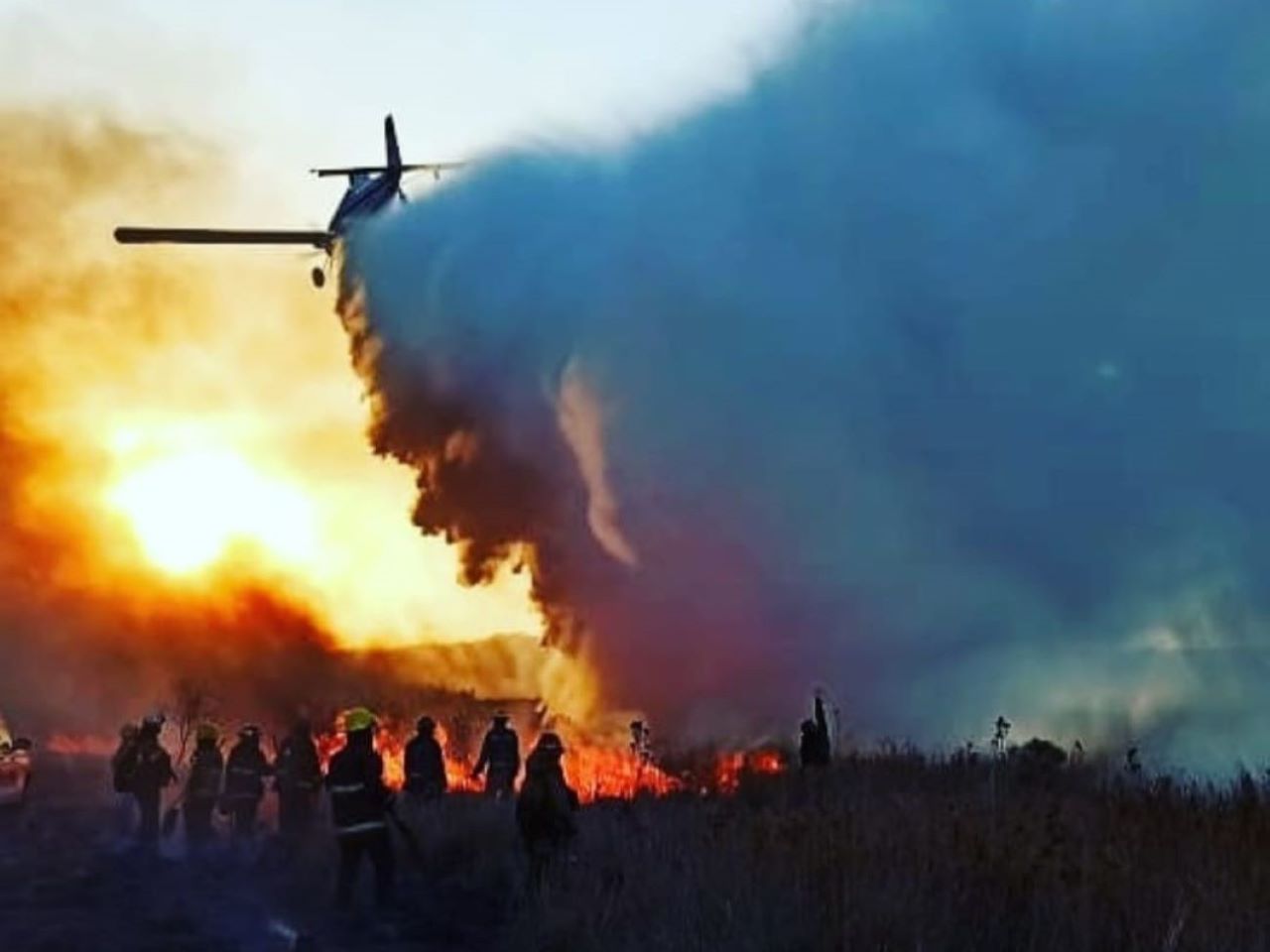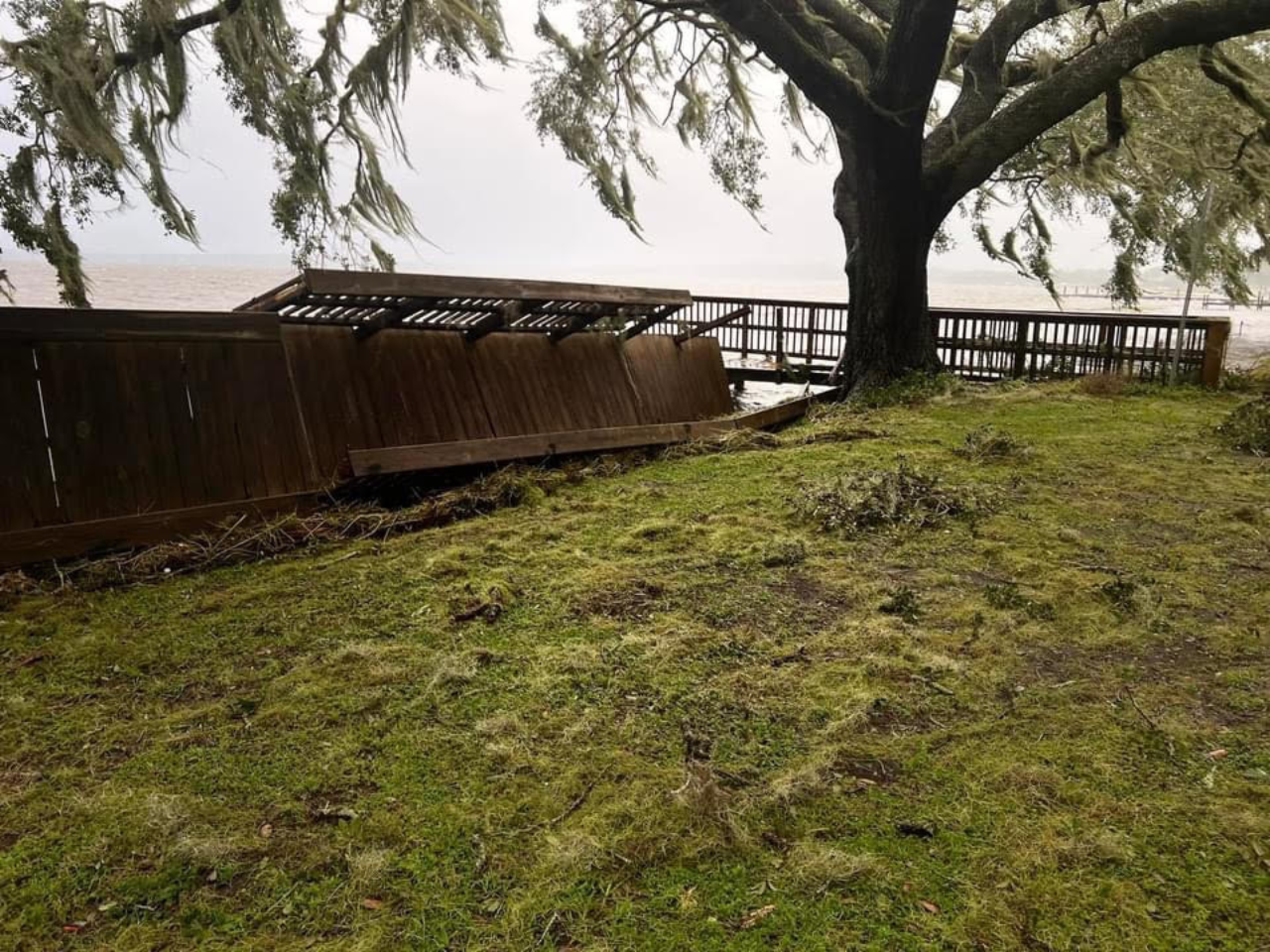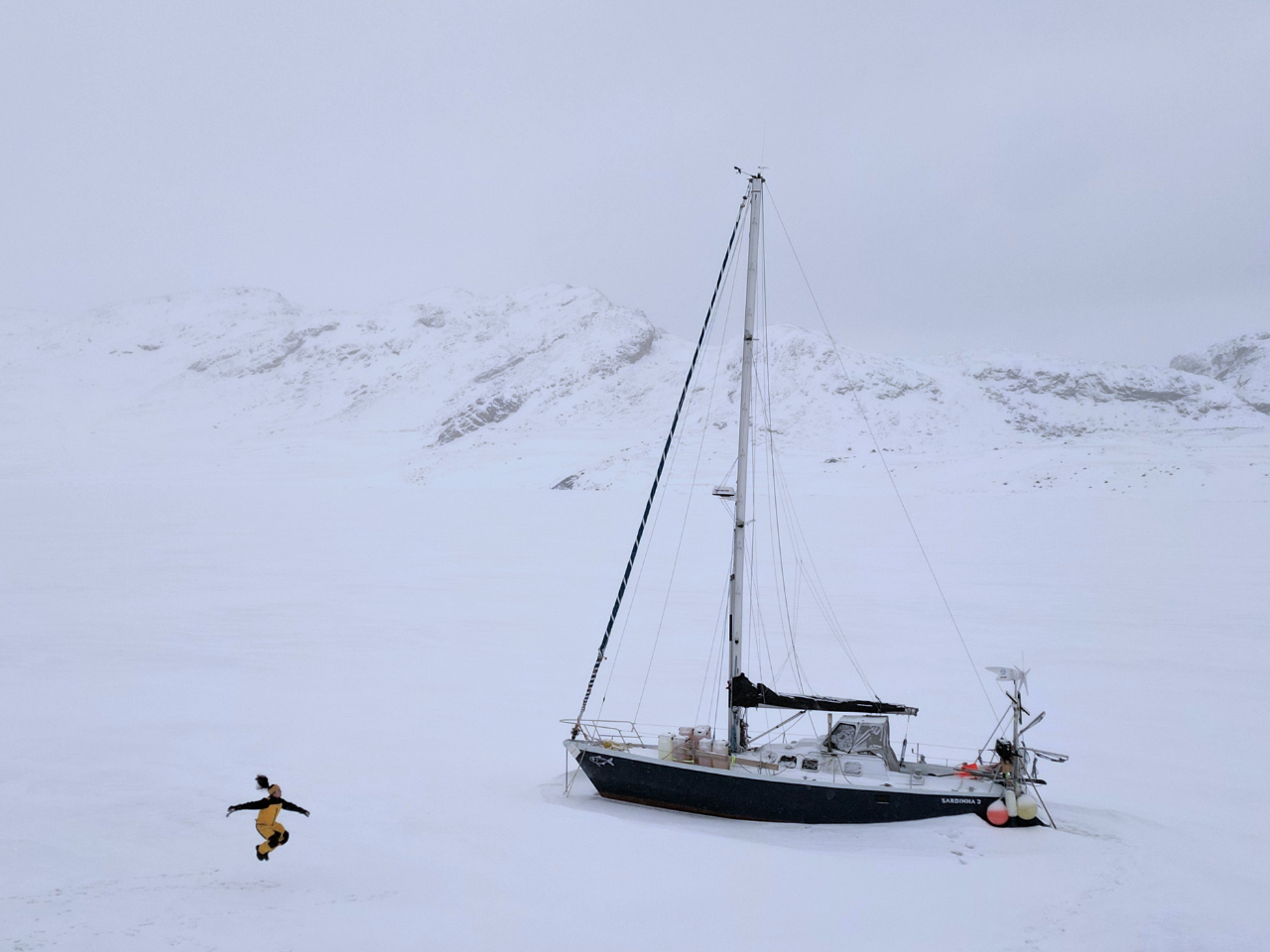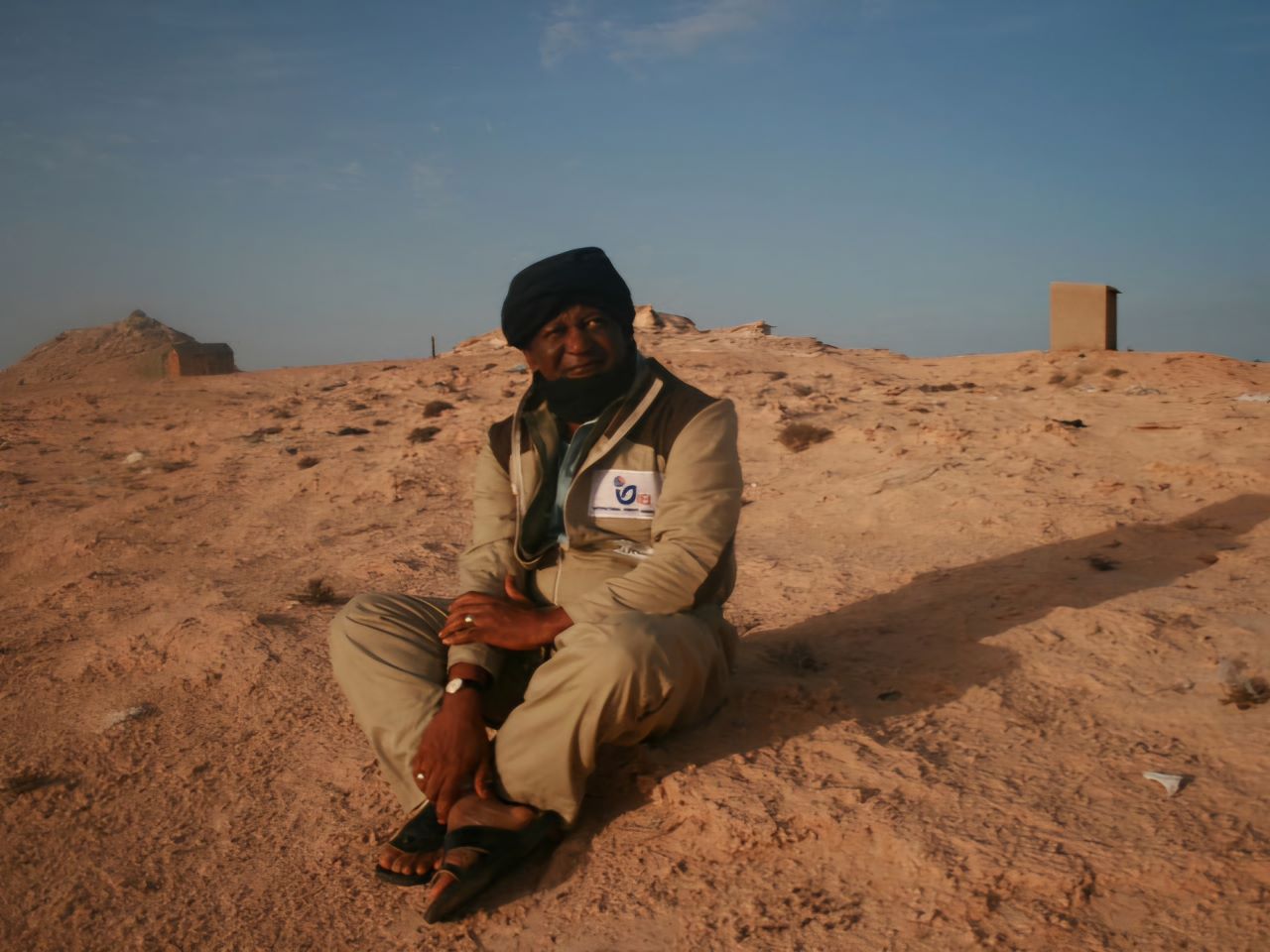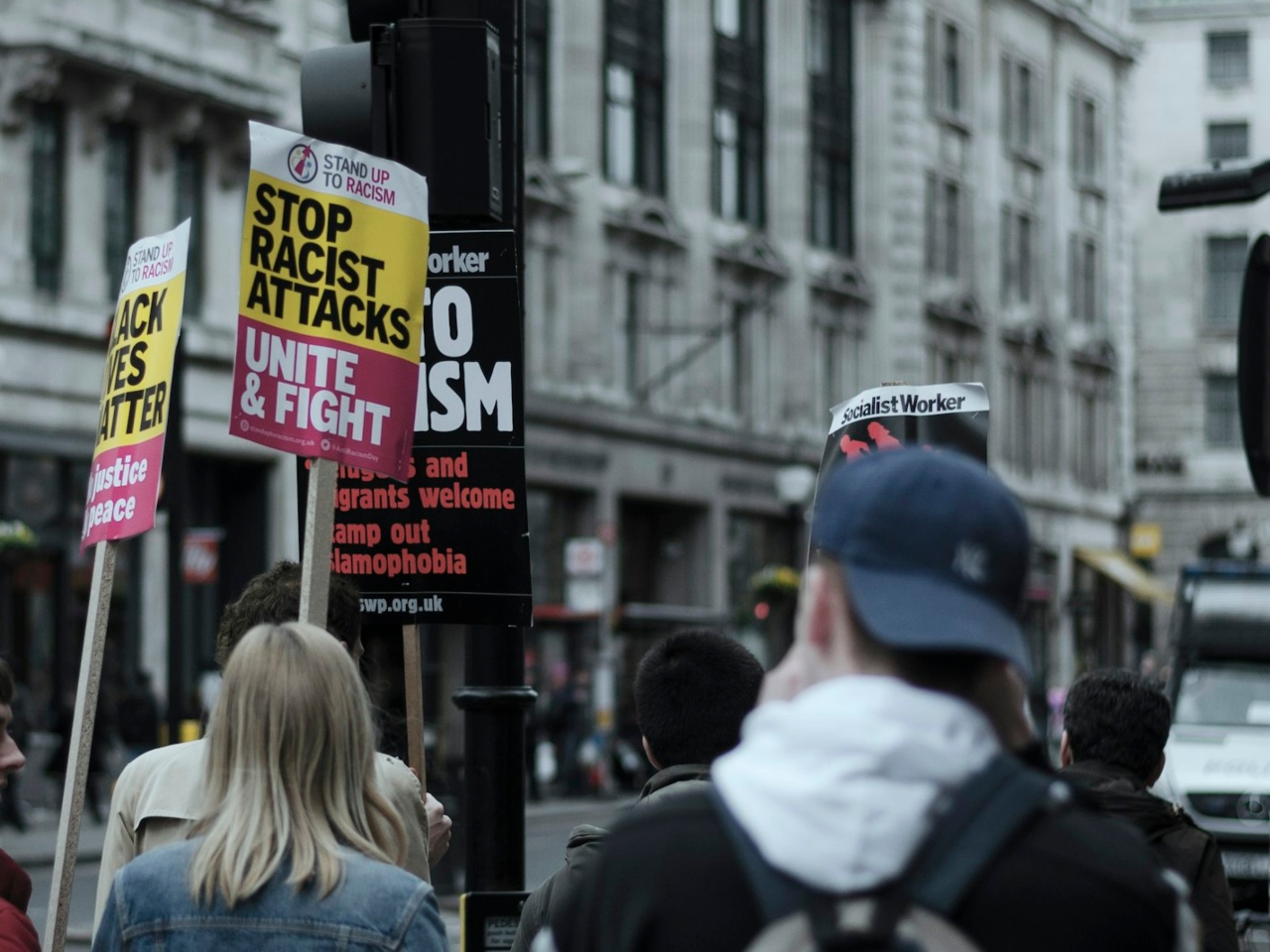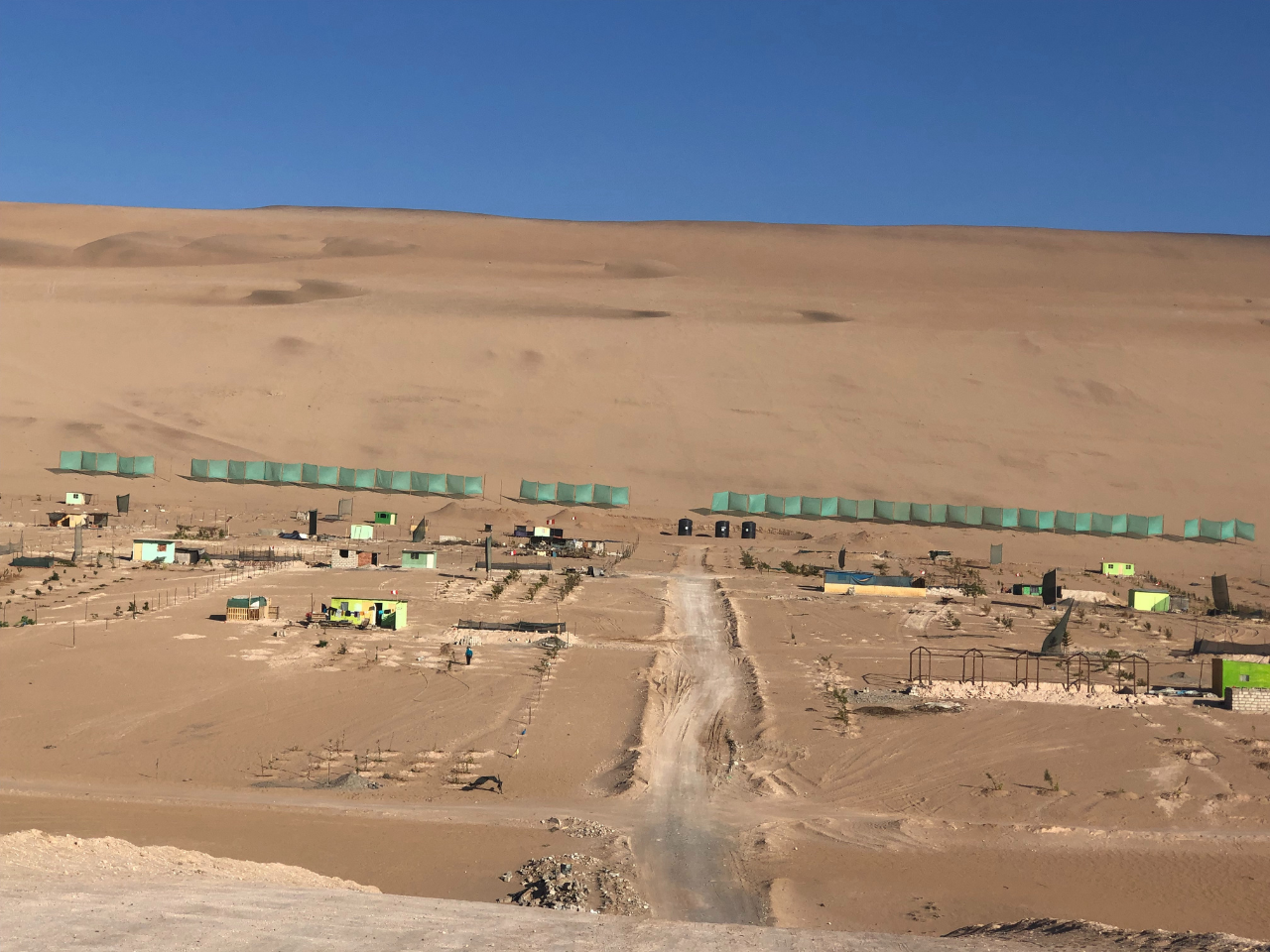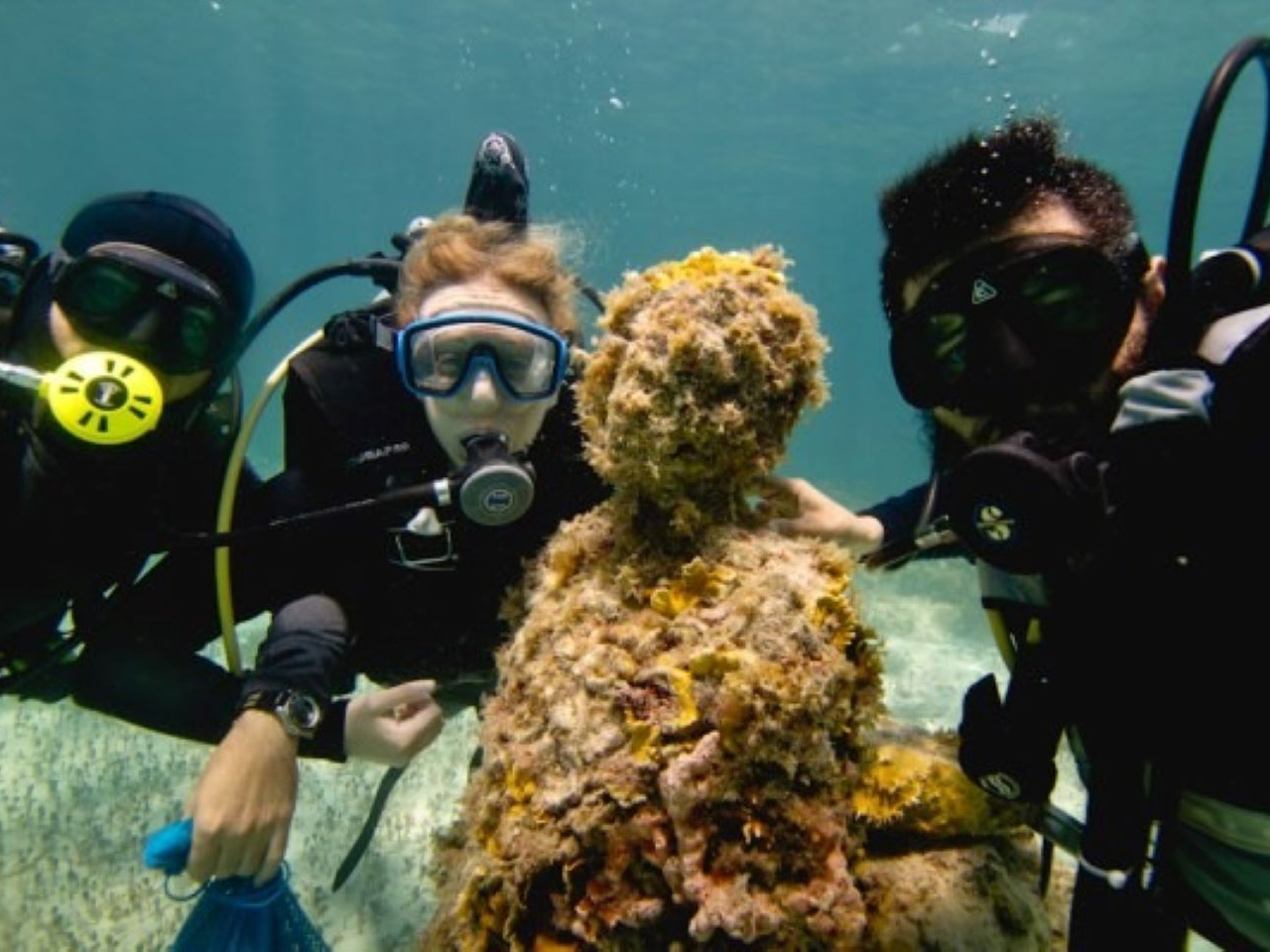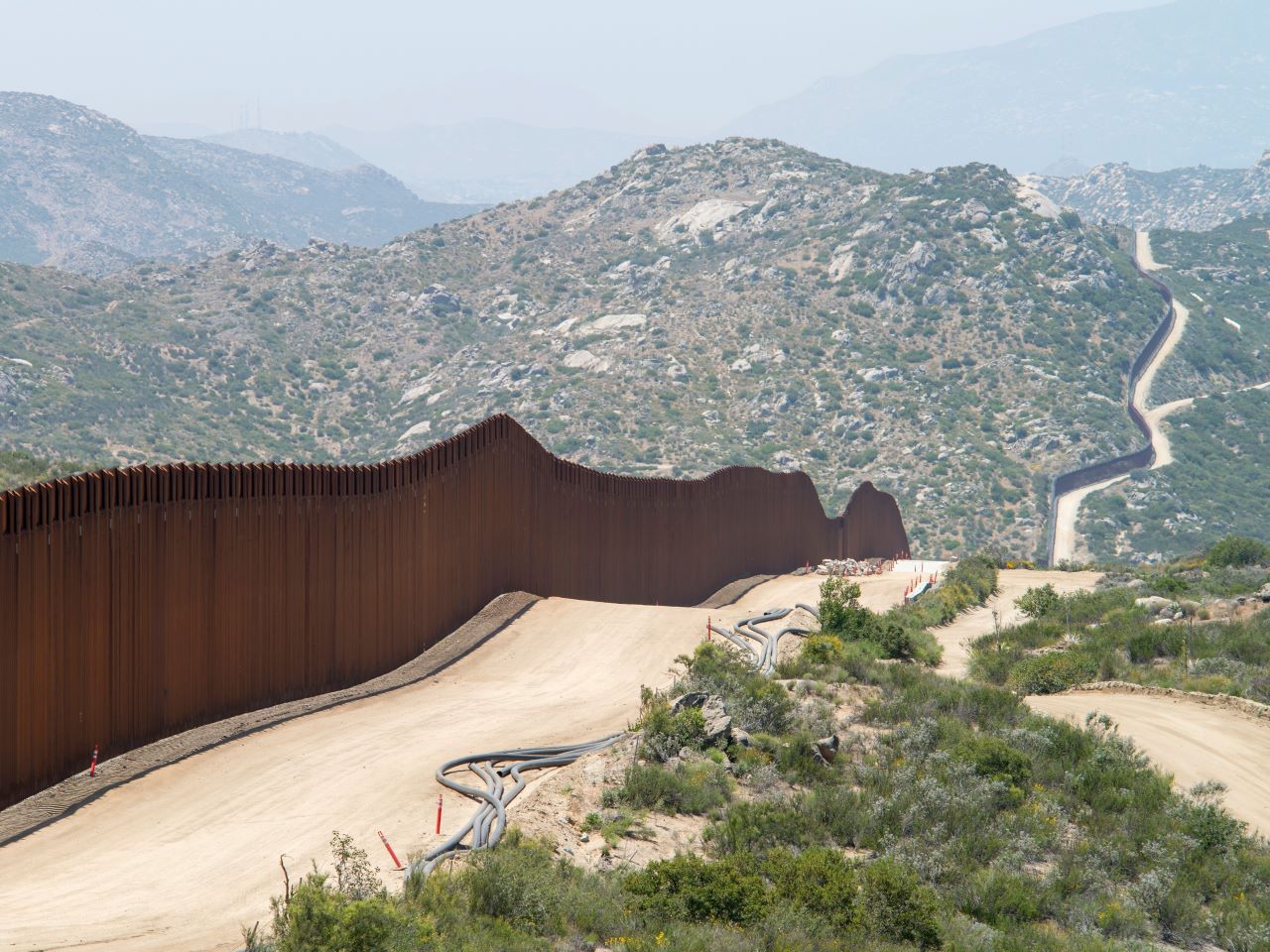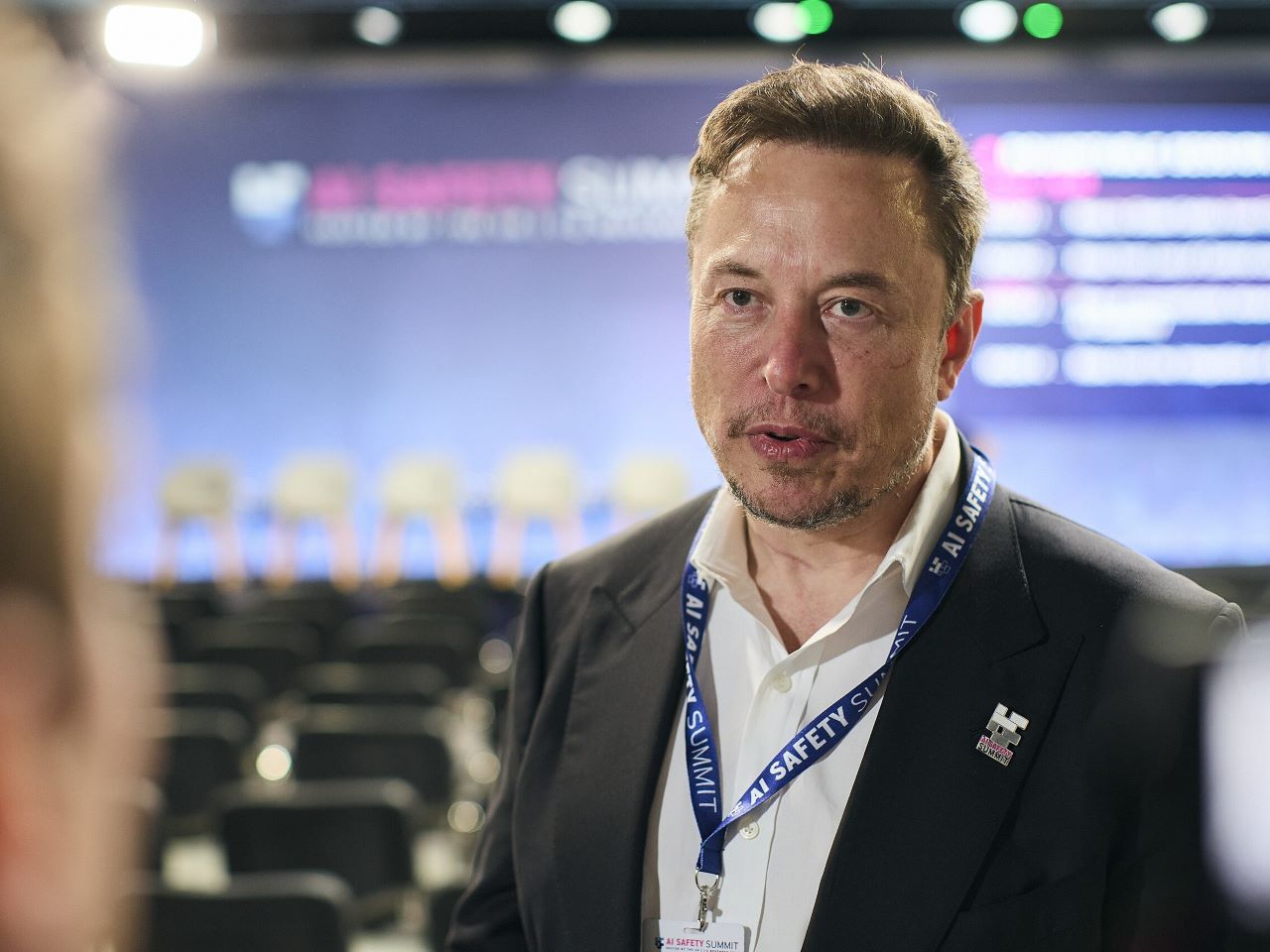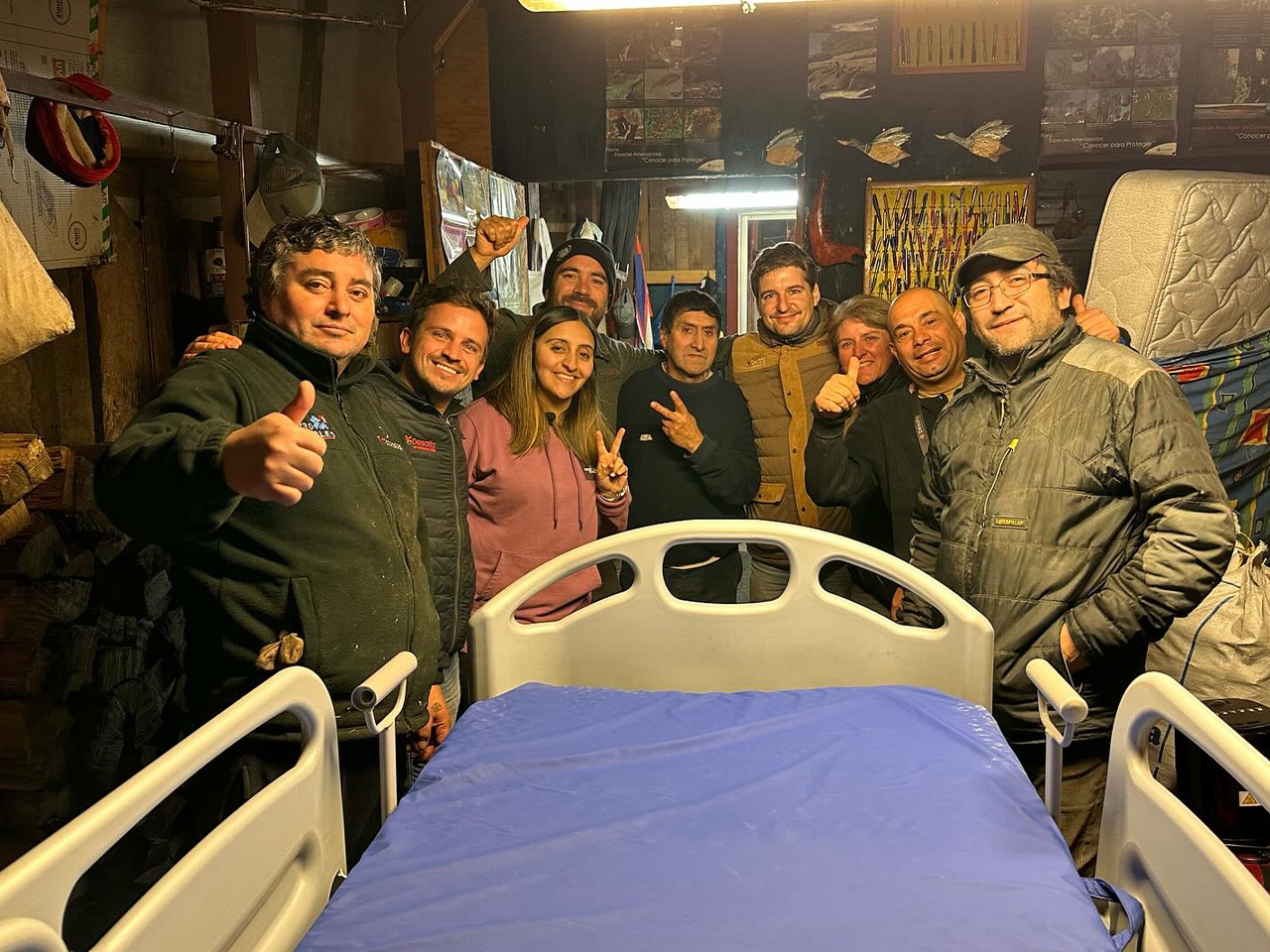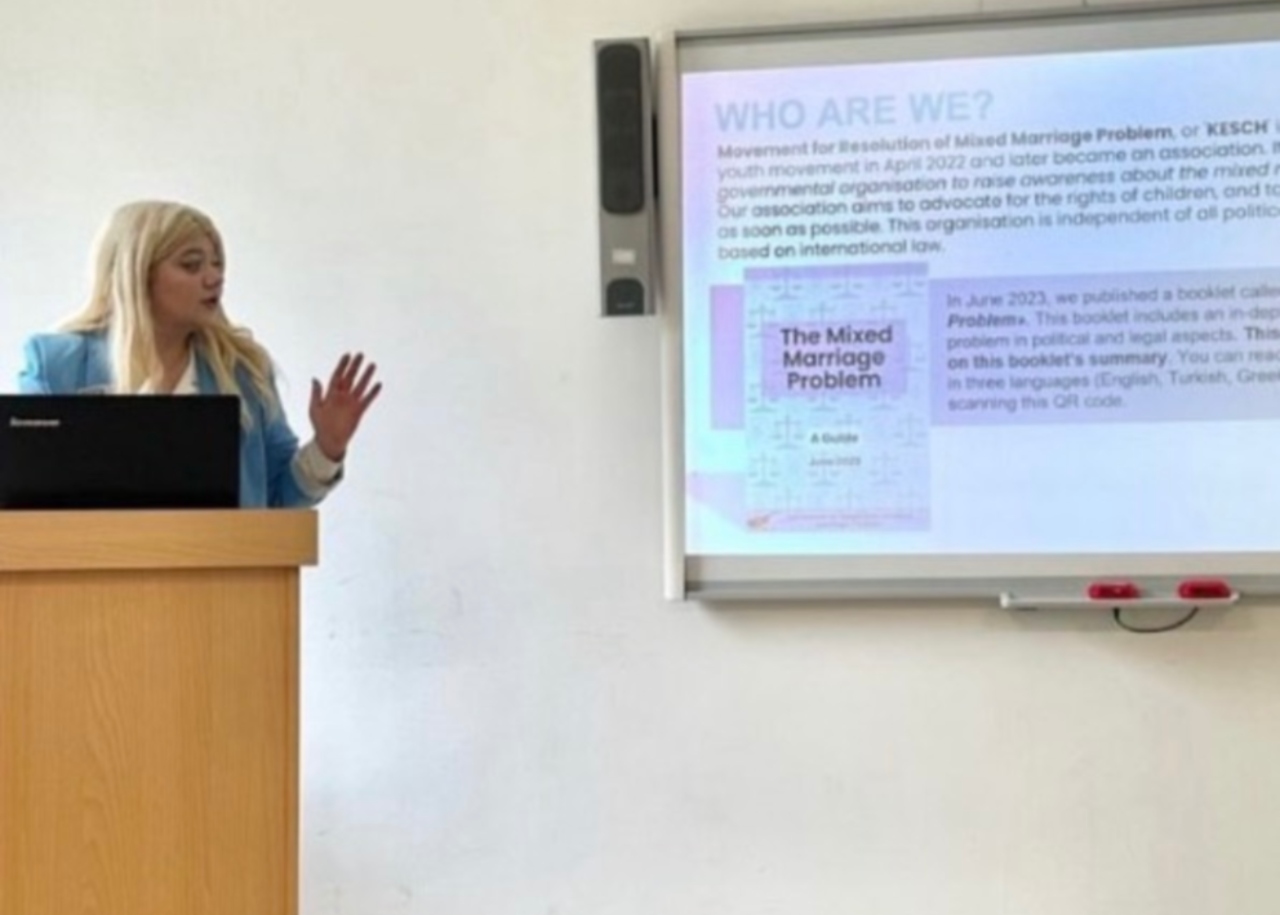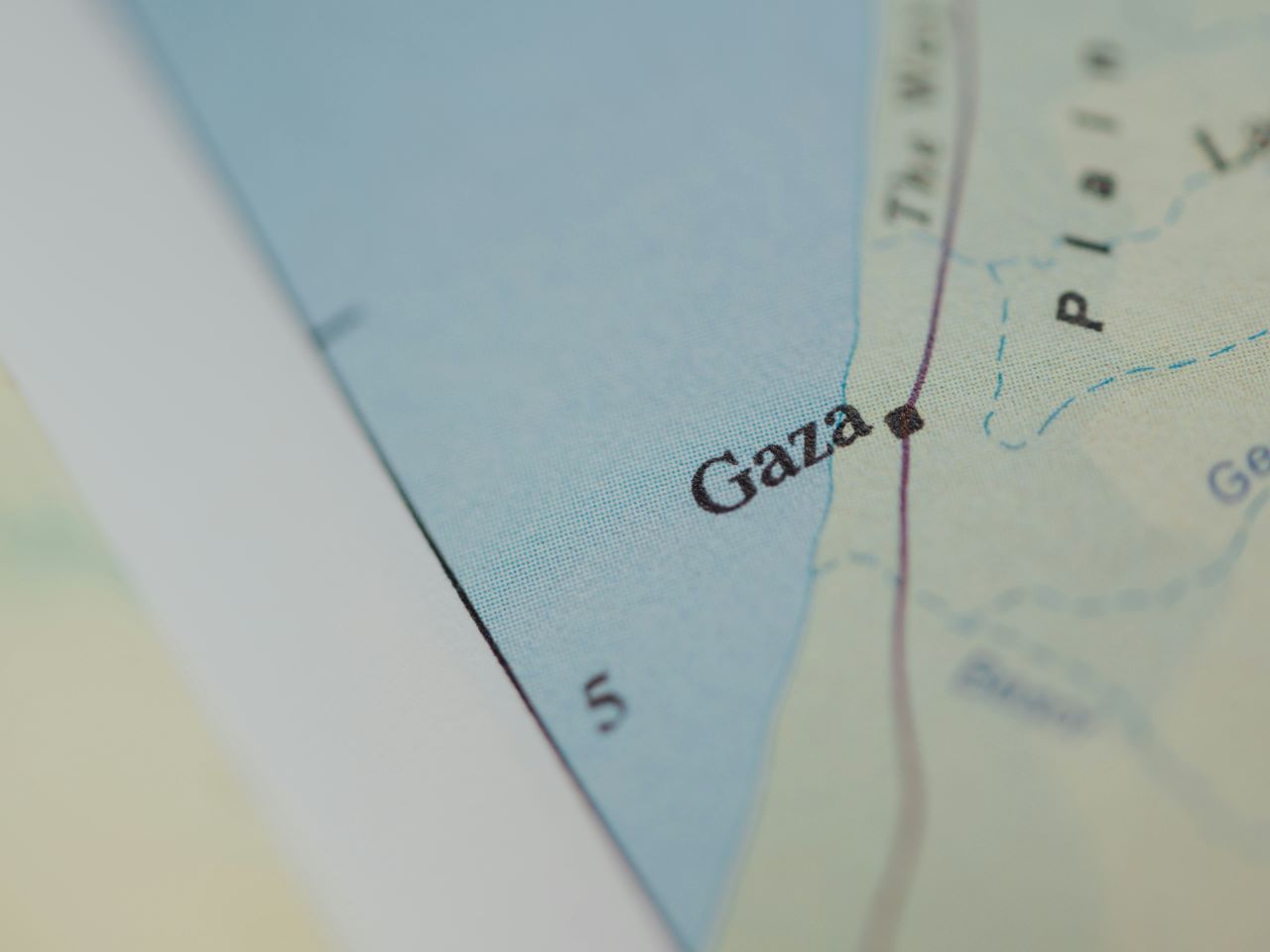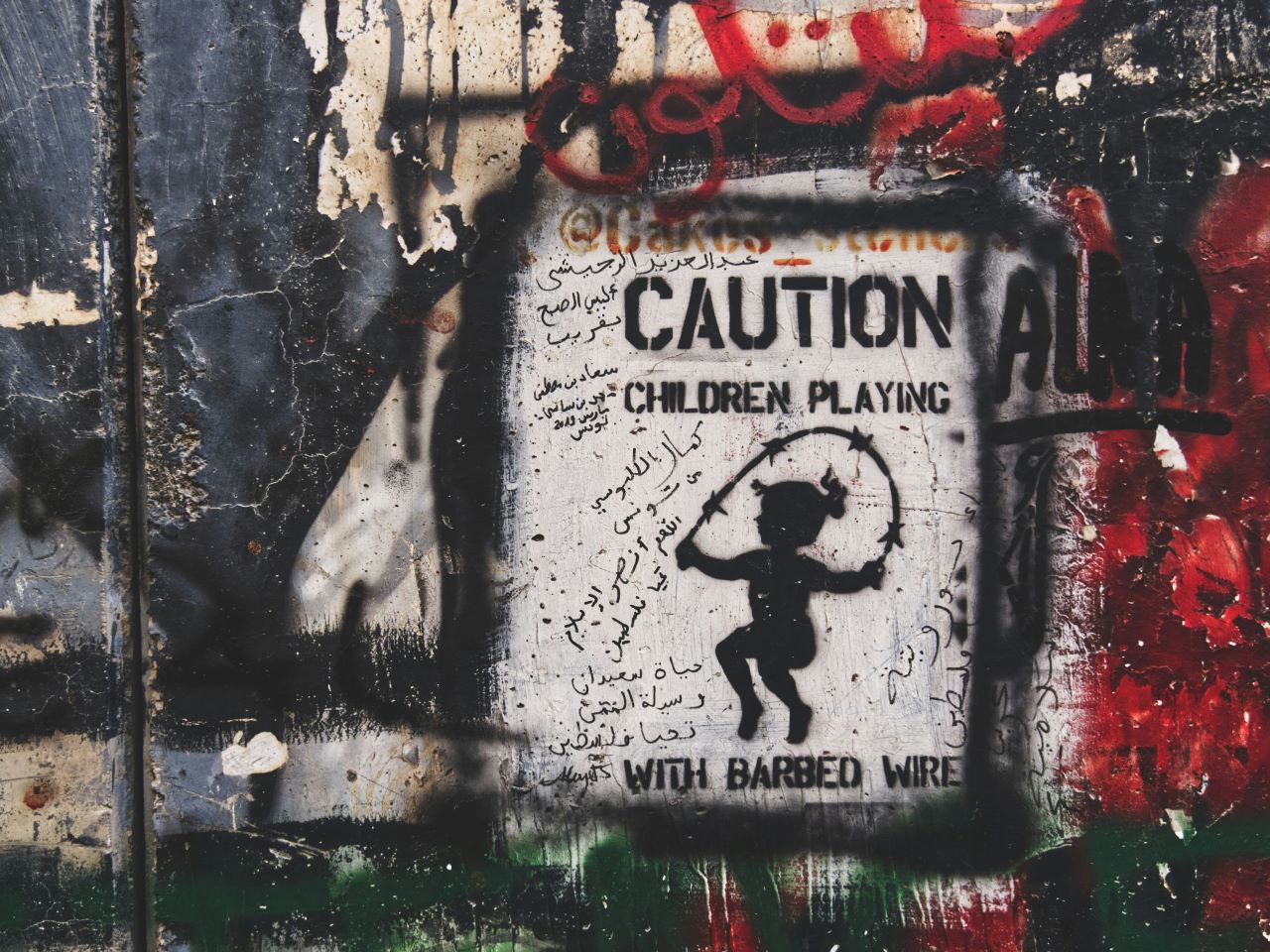The death of American discourse: when human issues like climate change become political punchlines
Programs exist [in America] to help Nebraskan ranchers struggling with heat and drought, Hawaiian fisheries facing coral reef loss, and midwestern farmers slammed by erosion from heavy rains. Still, denial runs rampant.
- 2 years ago
July 23, 2024
According to Nasa – an agency the majority of Americans trust – “Changes to Earth’s climate…are already having widespread effects on the environment…” Nasa cites shrinking ice sheets and glaciers, accelerated rise in sea level, and longer, more intense heat waves, to name a few.
Yet, in August 2023, Pew Research Center polled Americans and confirmed what we already know. A subset of the public sees climate change as a low priority. Others reject it is happening at all. Why, when so many Americans claim our country as the “leader of the free world,” do we so blatantly reject science and ignore the one topic that may pose the greatest threat to humanity?
For years, politicians and talking heads convinced a generation of citizens they’d been lied to
Despite our tendency as humans to see ourselves as independent thinkers; we consume information in mass. We then use those inputs to determine what we believe. Top American politicians speak. Media repeats it. They post on social media. We share. They talk on podcasts and radio. We quote them. Soon, their ideas become our ideas.
In 2019, Donald J. Trump tweeted a quote from a known climate skeptic Patrick Moore. Moore said, “The whole climate crisis is not only Fake News, it’s Fake Science. There is no climate crisis, there’s weather and climate all around the world, and in fact carbon dioxide is the main building block of all life.” That’s like saying a human being is incapable of drowning because our body is made up mostly of water.
In the first debate between those vying for the Republican nomination for President in 2024, climate change dismissal reigned. Candidate Vivek Ramaswamy said to the nearly 13 million viewers, “I’m the only candidate on stage who isn’t bought and paid for, so I can say this — the climate change agenda is a hoax.” Meanwhile, South Carolina Gov. Nikki Haley placed the blame on China and India.
This message began decades ago. My own father was a big Rush Limbaugh guy. I recall hearing phrases like “tree huggers” and “socialist libs” spoken with vile in the 1990s when it came to anyone concerned with the environment. What we see today is a total generation of people raised to believe they’ve been lied to and that the liberals, environmentalists, and scientists want to steal their freedom and jobs.
In the 90s, people feared the potential change resulting from the warning signs. They worried about the disappearance of manufacturing jobs, greater regulation of agriculture, and a dramatic shift in the way we live our lives. Today, I’m not sure people even know why they repeat these messages. It seems to have simply become part of the “us versus them” culture.
As individual states scurry to help ranchers, farmers, and fisheries, 2024 presidential election ignores the issue completely
Politicizing human issues grants power to politicians rather than the people they represent. The fact remains, a segment of American politics vehemently denies evidence of climate change. Yet, the science exists. The U.S. Environmental Protection Agency published a chart tracking heat wave frequency, duration, and intensity in America from 1962-2023. Clearly, the problem mounts in our own country.
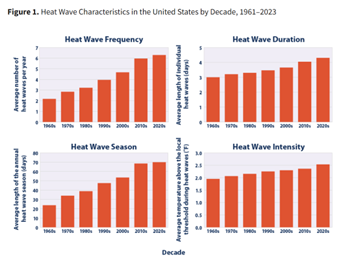
The National Climate Assessment (NCA) synthesized supporting evidence from dozens of groups, pointing to the human impact of climate change right in America. In it, we see individual states funding tangible programs to address impacts. Programs exist to help Nebraskan ranchers struggling with heat and drought, Hawaiian fisheries facing coral reef loss, and midwestern farmers slammed by erosion from heavy rains. Still, denial runs rampant.
As an avid news consumer, I listen to media coverage daily on the 2024 presidential election. The coverage has gone something like this over the last few months. Biden is too old. Trump is an authoritarian narcissist. One guy ruined the economy. The other guy wants to destroy democracy. Trump almost died in an assassination attempt. RFK Jr. meets with Trump and won’t reveal what they talked about. Biden drops out of the campaign. Kamala Harris announces her bid. On social media the useless slander ensues as Americans rinse and repeat soundbites.
Policy talk remains nearly nonexistent, let alone talk of climate change. We seem swept up in, as Chris Cuomo of News Nation calls it, “A race to the bottom,” where our two-party system engages in a bloody boxing match that pays no attention to the human beings left in its wake. One side so demonized climate change, the other side seems almost afraid to talk about it.
Creature comforts, speedy emergency response shields Americans from full impact while less developed communities get destroyed
The National Centers for Environmental Information under the National Oceanic and Atmospheric Administration track the impact of weather events in America. In April 2024, they confirmed five new billion-dollar weather and climate disasters, and seven before that. The 383 severe weather disasters since 1980 cost America about $2.72 trillion. With climate change, that price tag will grow.
We have the money to deal with it. In no way does this dismiss loss of life, livelihoods, homes, and communities when disaster strikes in America. Nor does it dismiss those Americans who suffer worse due to poverty. However, America largely has resources.
When tornadoes sweep through Midwest towns, FEMA and droves of volunteers arrive. Warning systems prevent some loss of life. When heatwaves scorch desert states, people who are able, stay in their swimming pools and air-conditioned homes. When a powerful snowstorm shut down my home city of Buffalo, NY two years ago, people died. Yet, droves of snowplows descended to clear streets the moment they could.
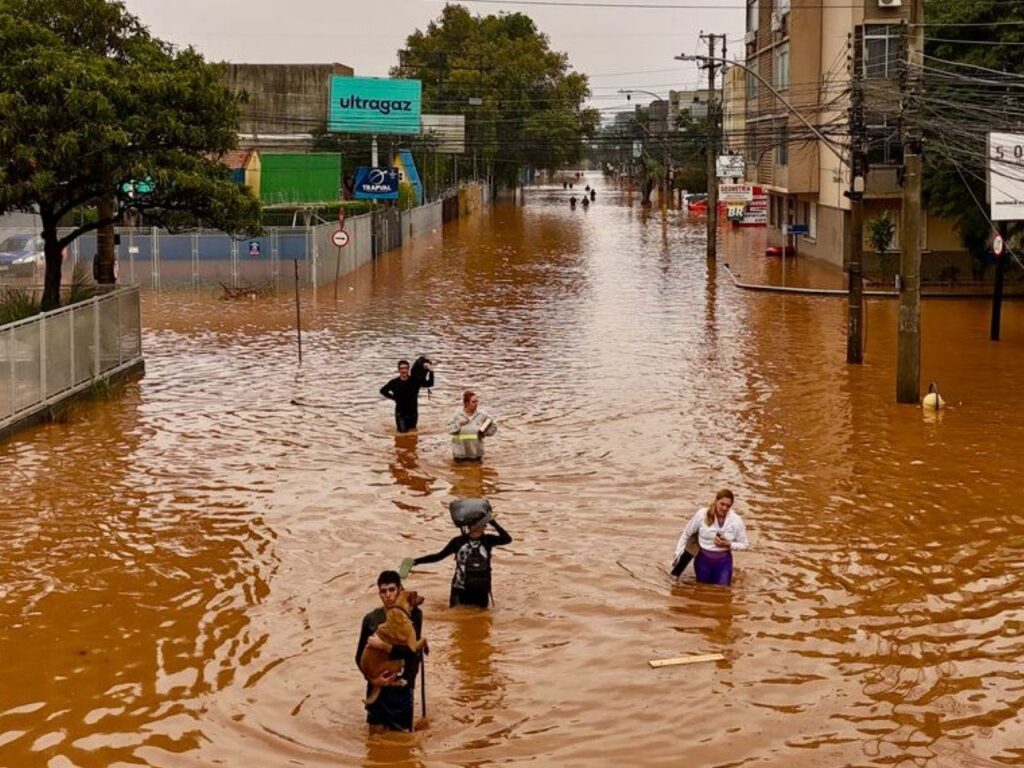
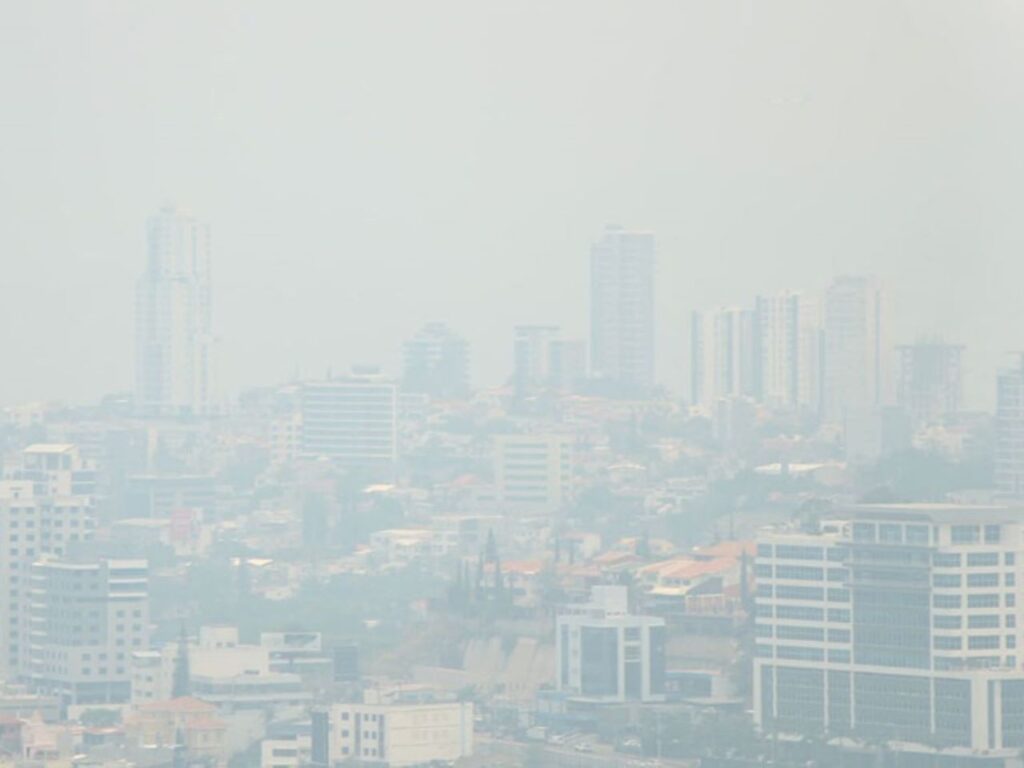
In many communities outside America, those systems, resources, and infrastructure do not exist. When floods swept through Porto Alegre, Brazil in May, a damn cracked. As a result, a community vanished off the face of the earth. At least 150 died and over half a million became displaced.
The capital city of Honduras recently went on a 33-day Covid-like total lockdown as smoke blanketed the valley. The city reached a level six pollution risk, out of seven. The smoke remained stagnant for a month due to lack of rain and wind. Citizens fell severely ill, overcrowding health centers and hospitals.
Pivoting back to humanity in the face of polarizing politics
Bringing environmental issues back to the human story versus a political position means something. It means we see, we care, and we act. Journalists from around the globe deliver these stories to Orato World Media every day, as we seek to reveal the human impact underneath the headlines.
[Orato is a global digital news outlet publishing stories written and verified by journalists in the first-person voice of those who experienced the newsworthy event. This form of news is recognized by major news aggregators and college and university journalism programs around the world.]
Elevating stories out of communities via journalists on the ground who speak with citizens impacted, offers a unique pathway out of political polarization. In 2024 alone, we reported on 30 homes in Bolivia swallowed by mud. We shared about the bloody feuds between farmers and herders in Cameroon as resources grow scarce. An Orato journalist reported the screams of grief permeating the air in Libya when rainfall caused catastrophic failures of infrastructure.
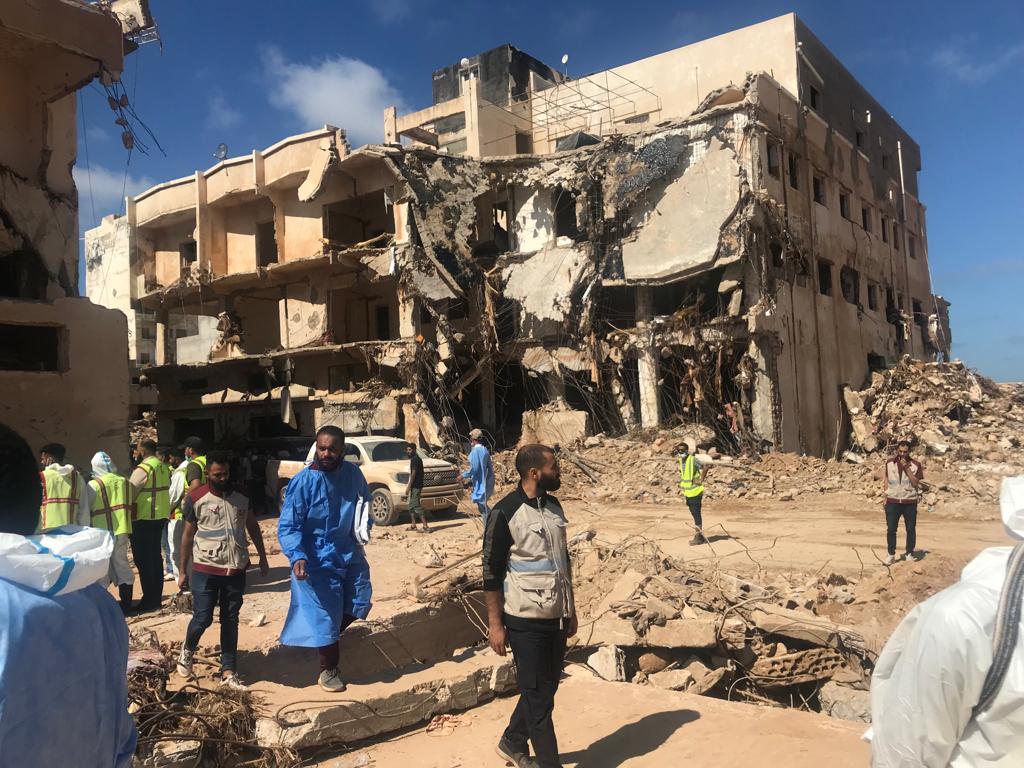
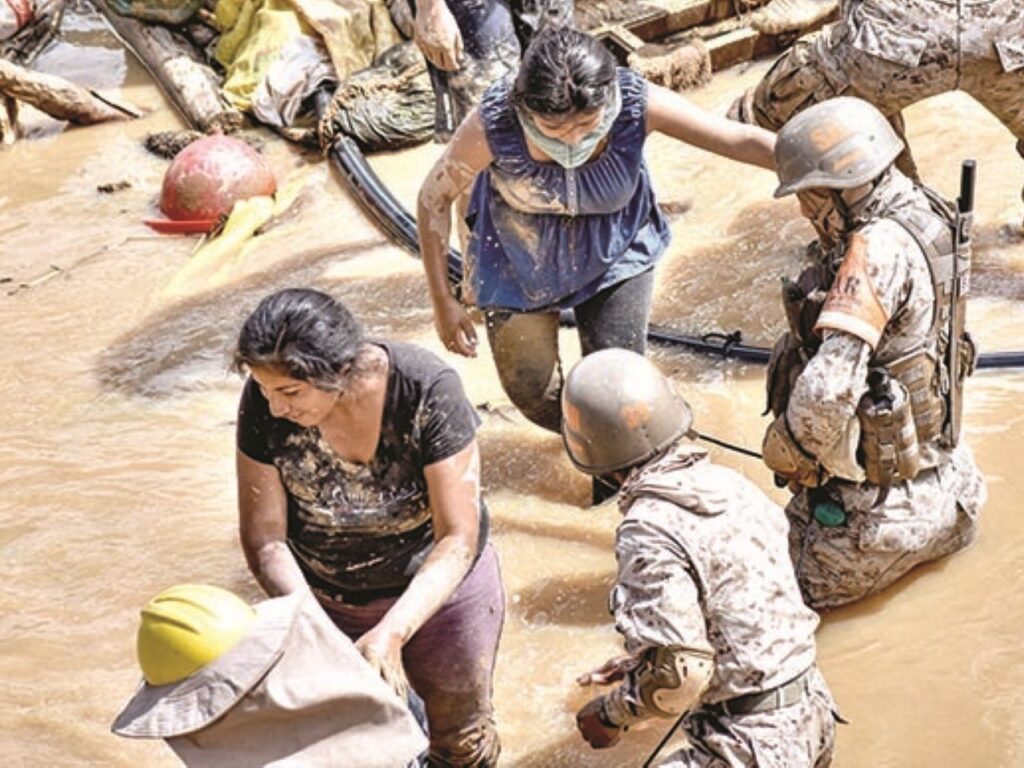
We offered citizen testimony when wildfires devastated Lahaina, Hawaii and a heat crisis slammed Madrid. Regularly, we share stories of dwindling ecosystems around the world, like the famous Lake Titicaca, the birthplace of the Incas.
Nasa, in a bold statement, wrote, “The scientific evidence is unequivocal: climate change is a threat to human wellbeing and the health of the planet.” I could care less about political lines in the sand. As a human being, an American, and a citizen of this increasingly global community we call earth, I long for emotionally intelligent leaders who study and understand the issues we face. We need leaders who can harmonize competing tensions to generate innovative solutions. The 2024 election not only disregards important stories and necessary intellectual debates, but it also shines a spotlight on school yard brawls as we gather in our circles shouting insults at whichever one we hate.

